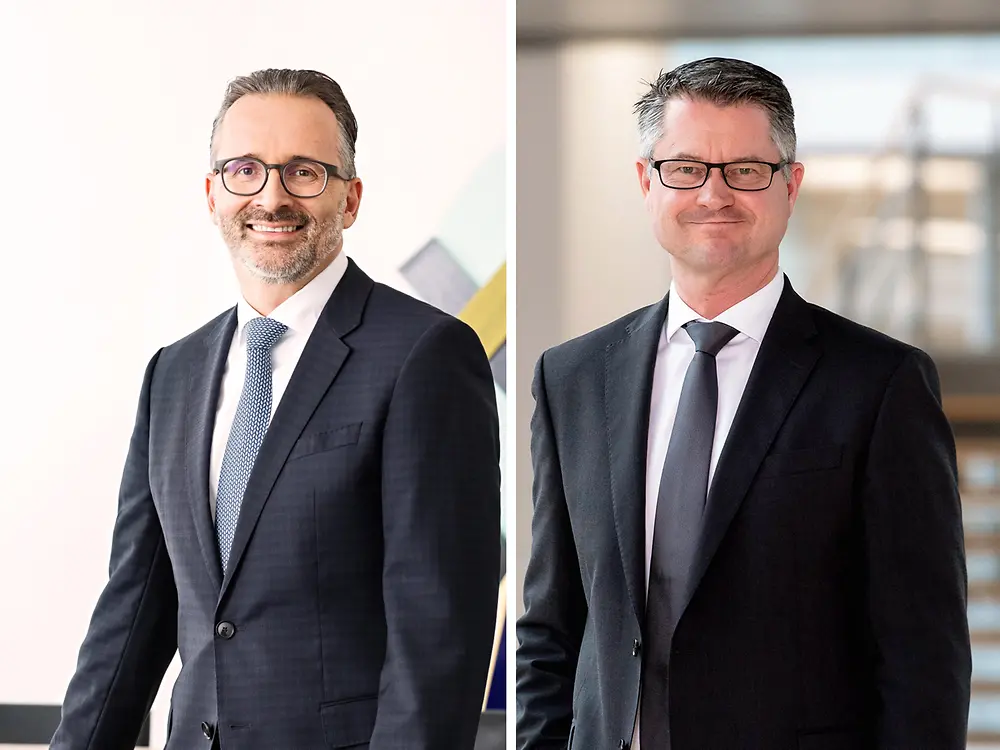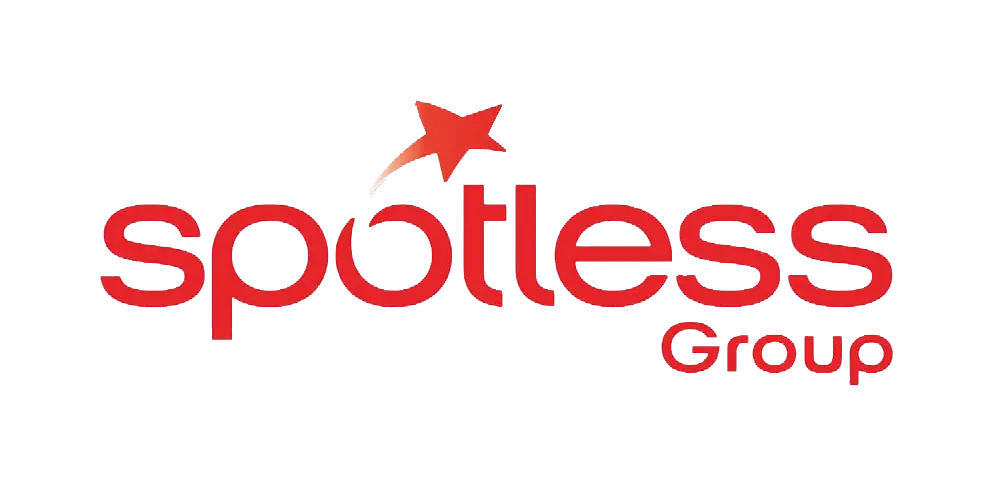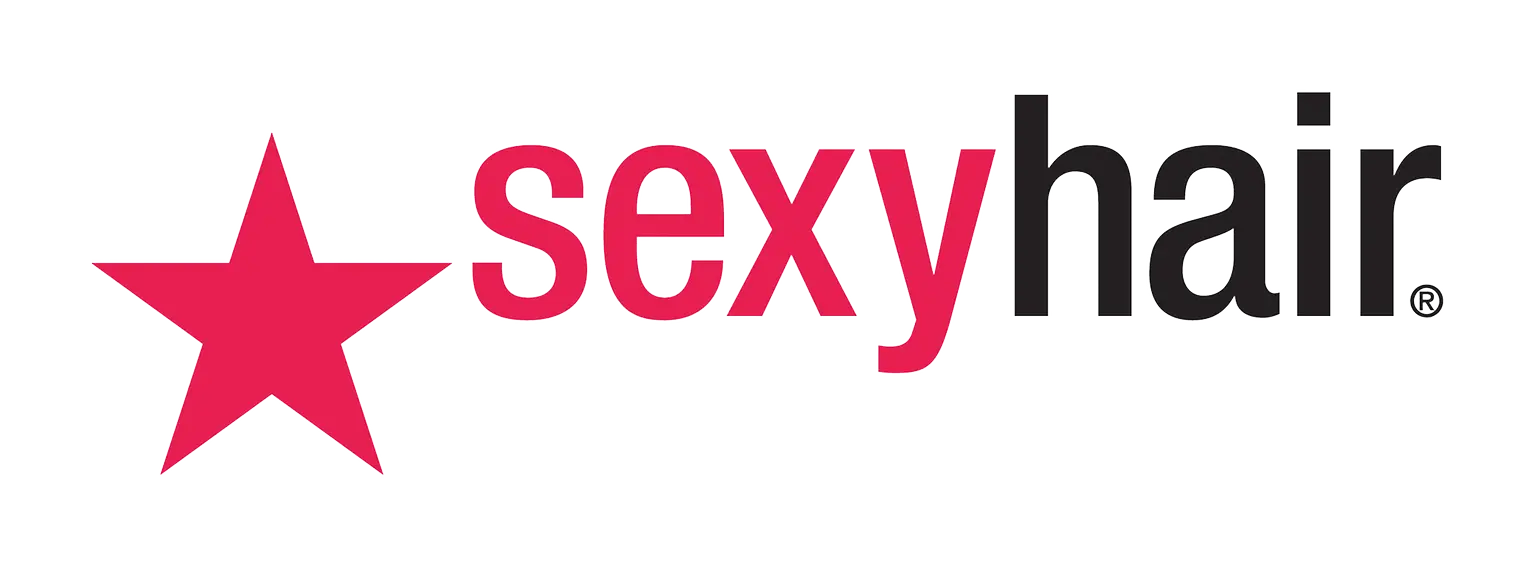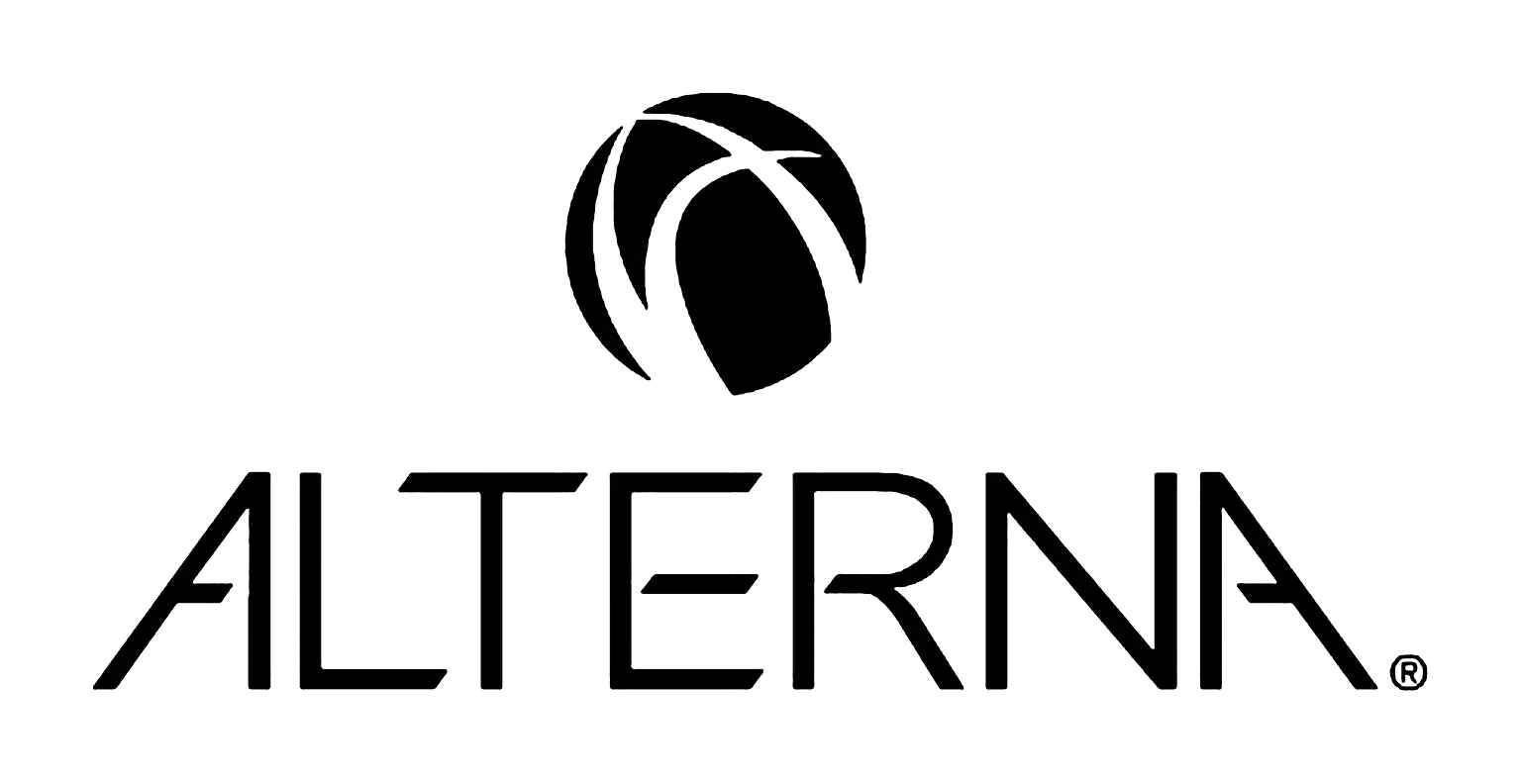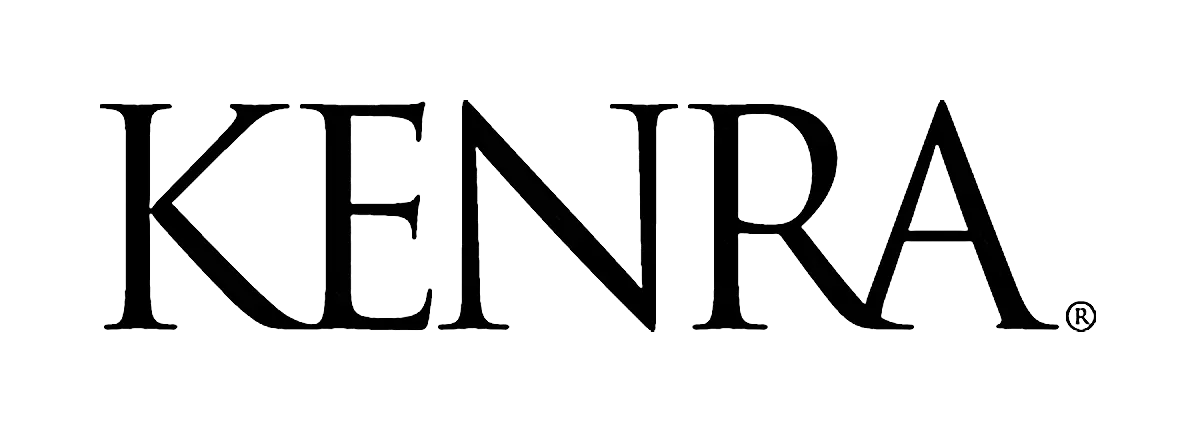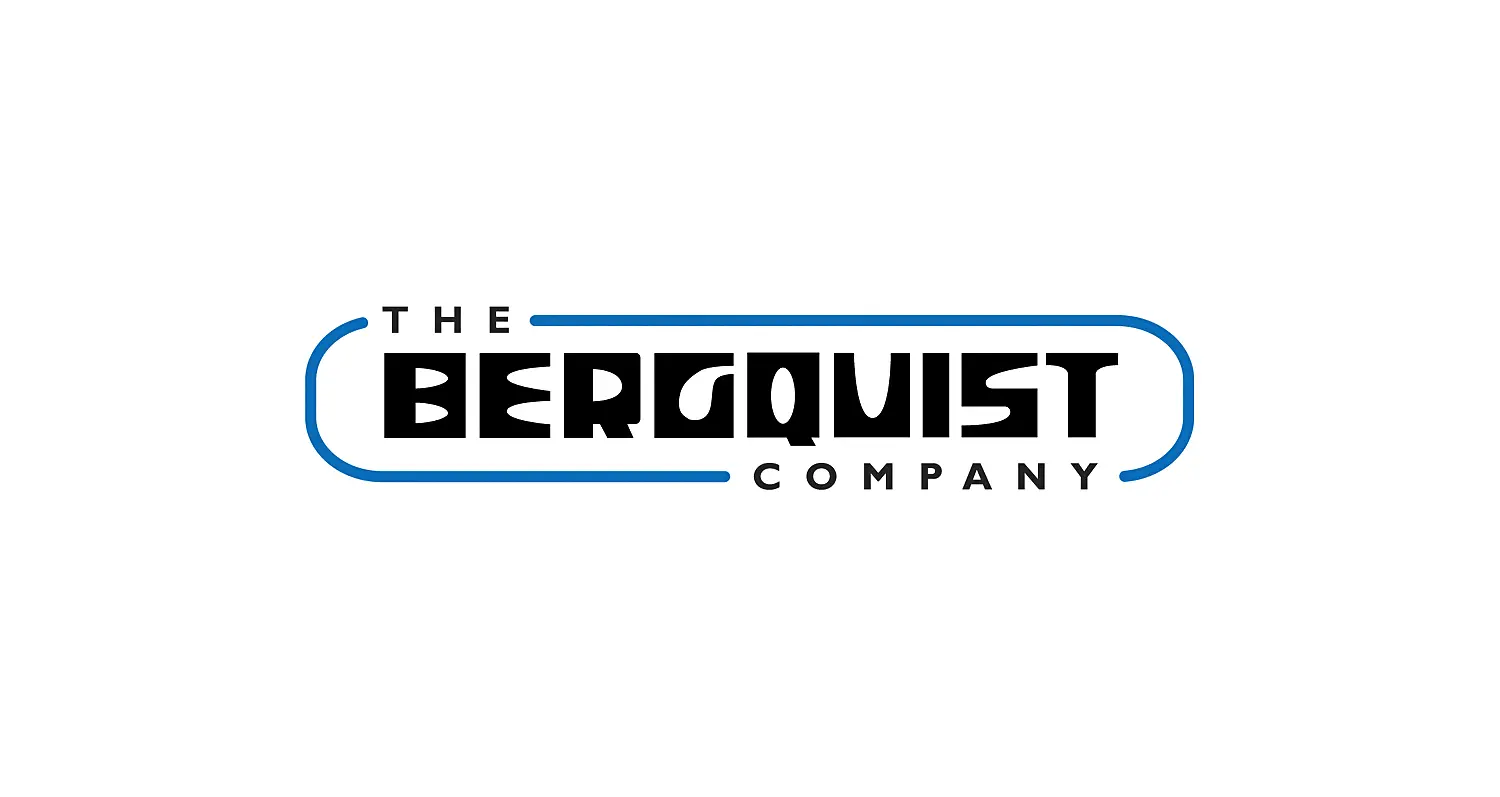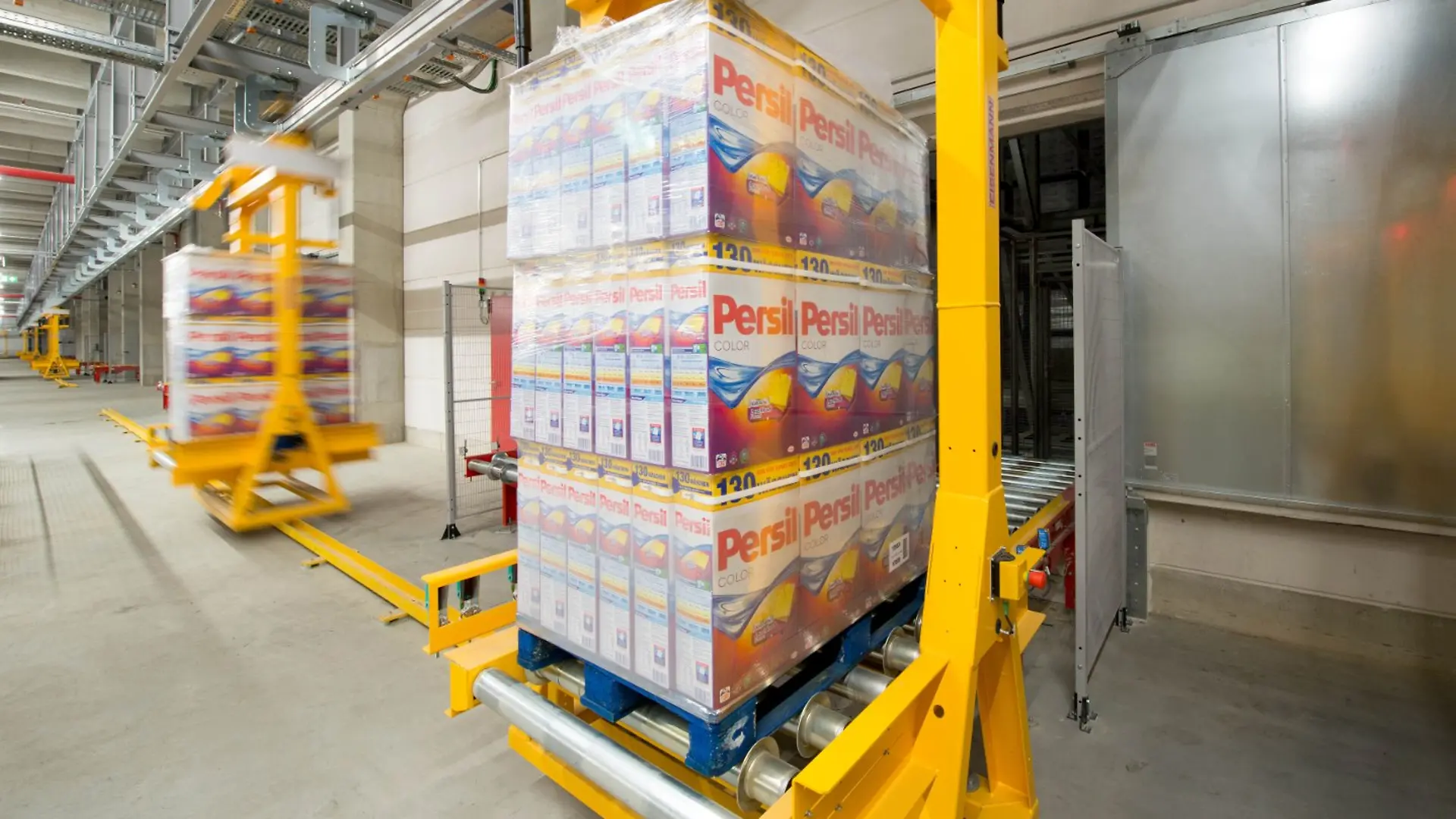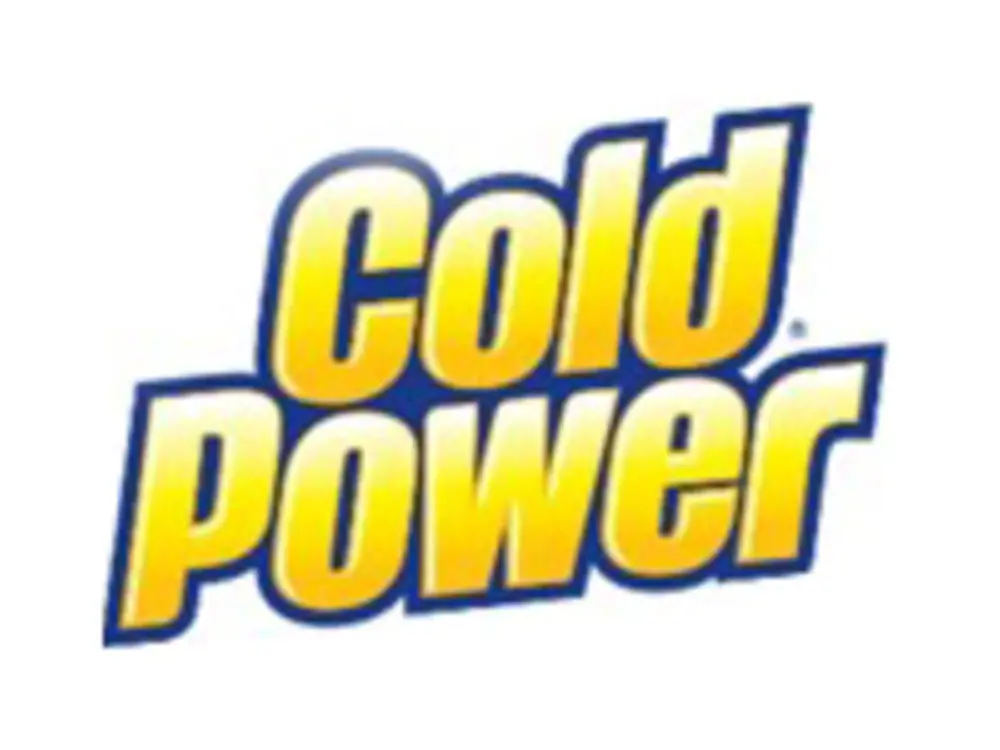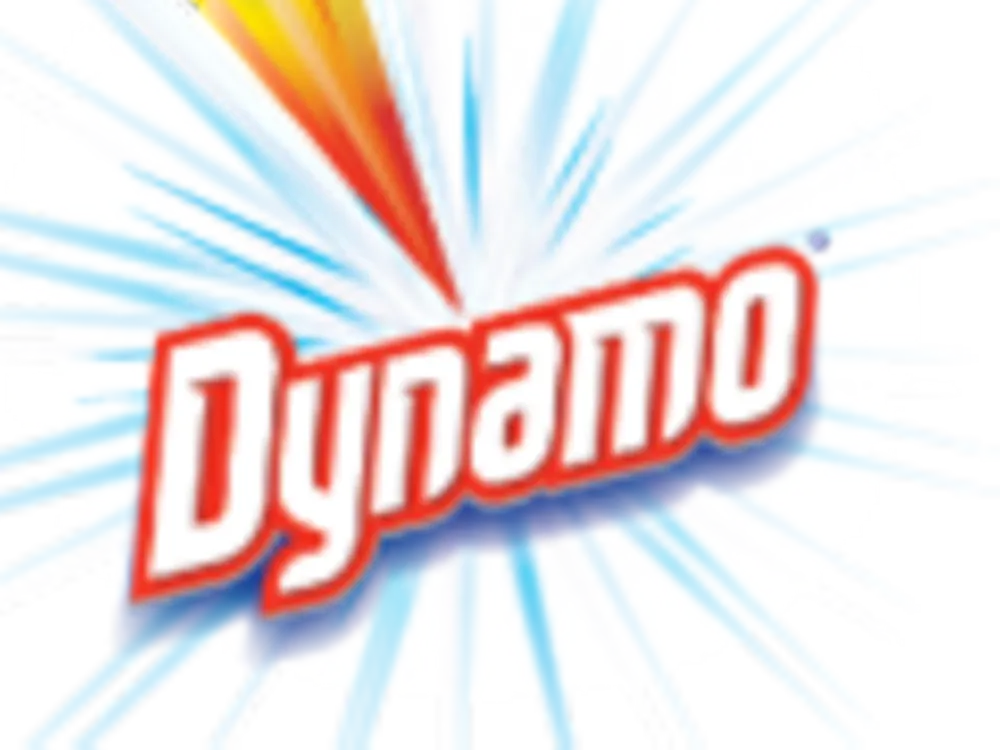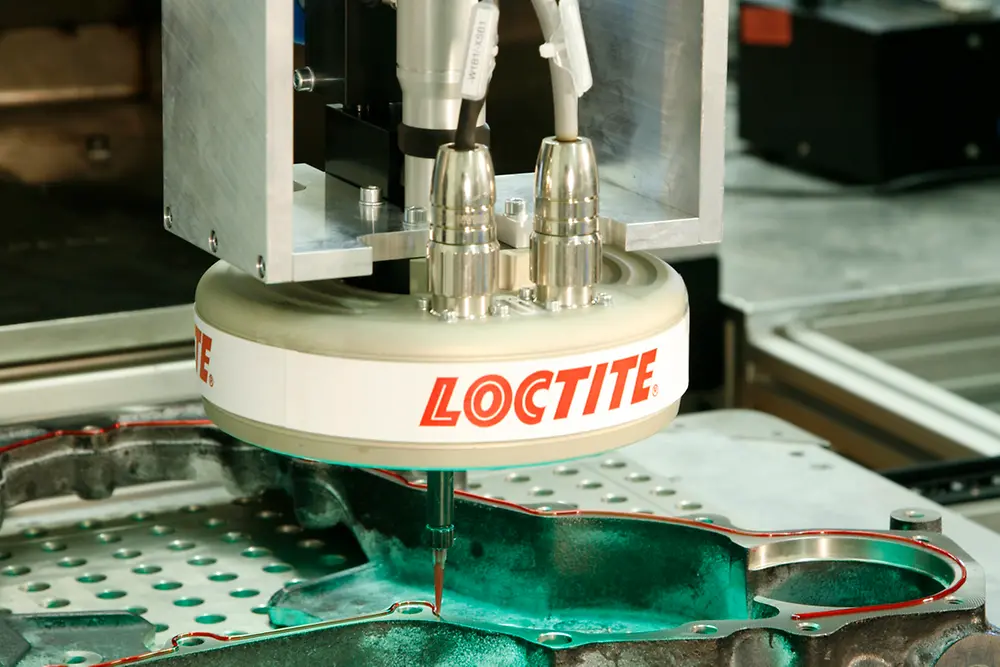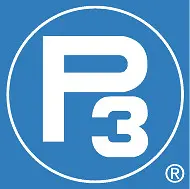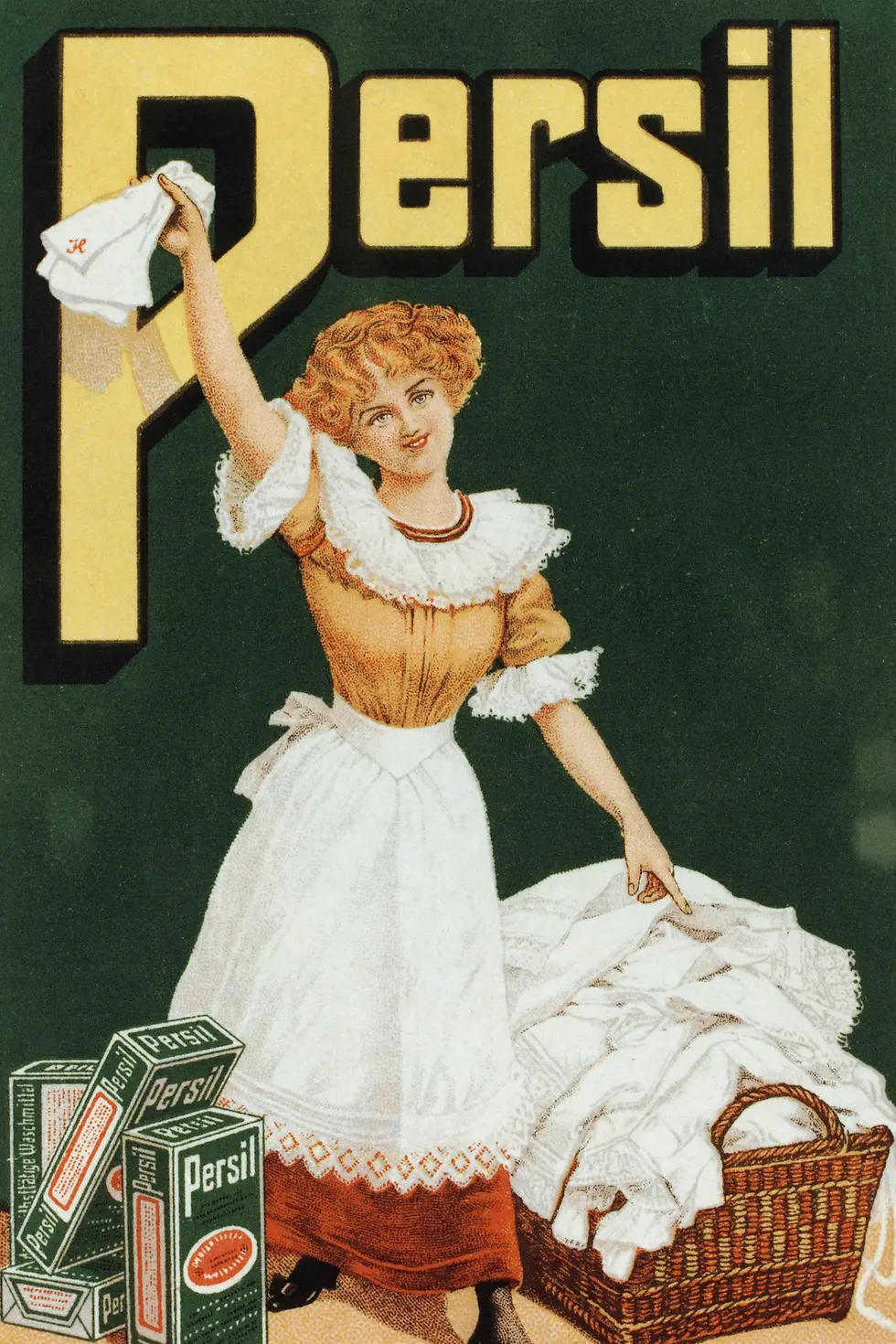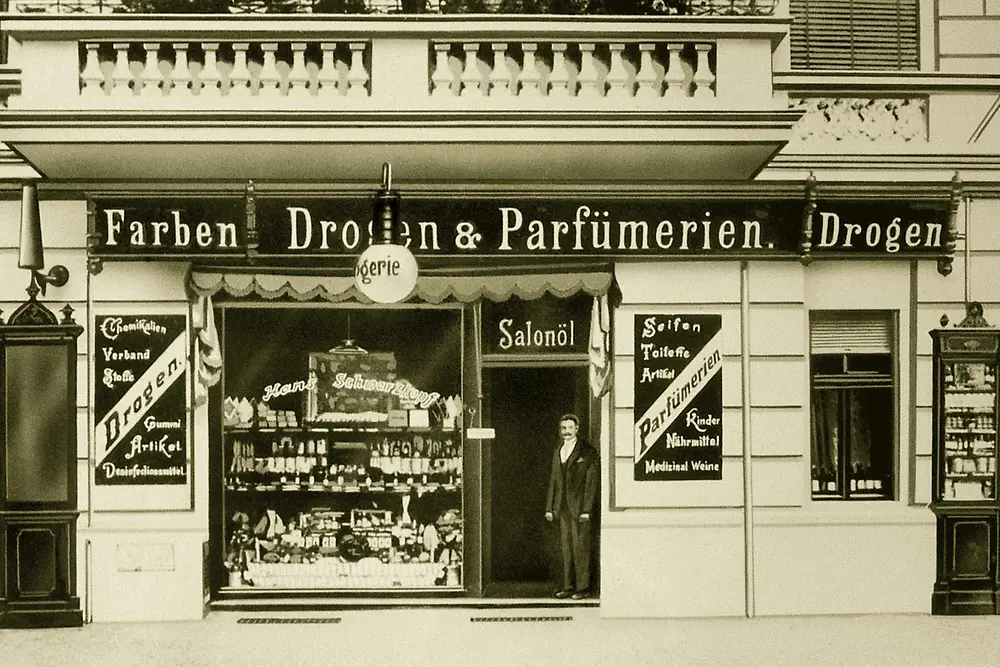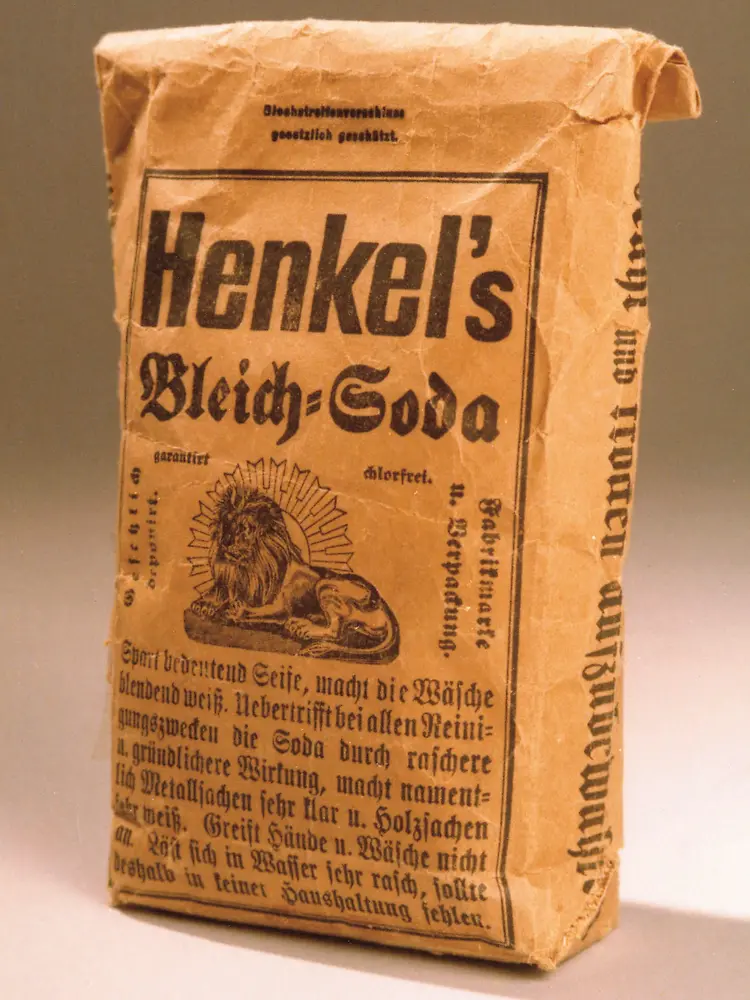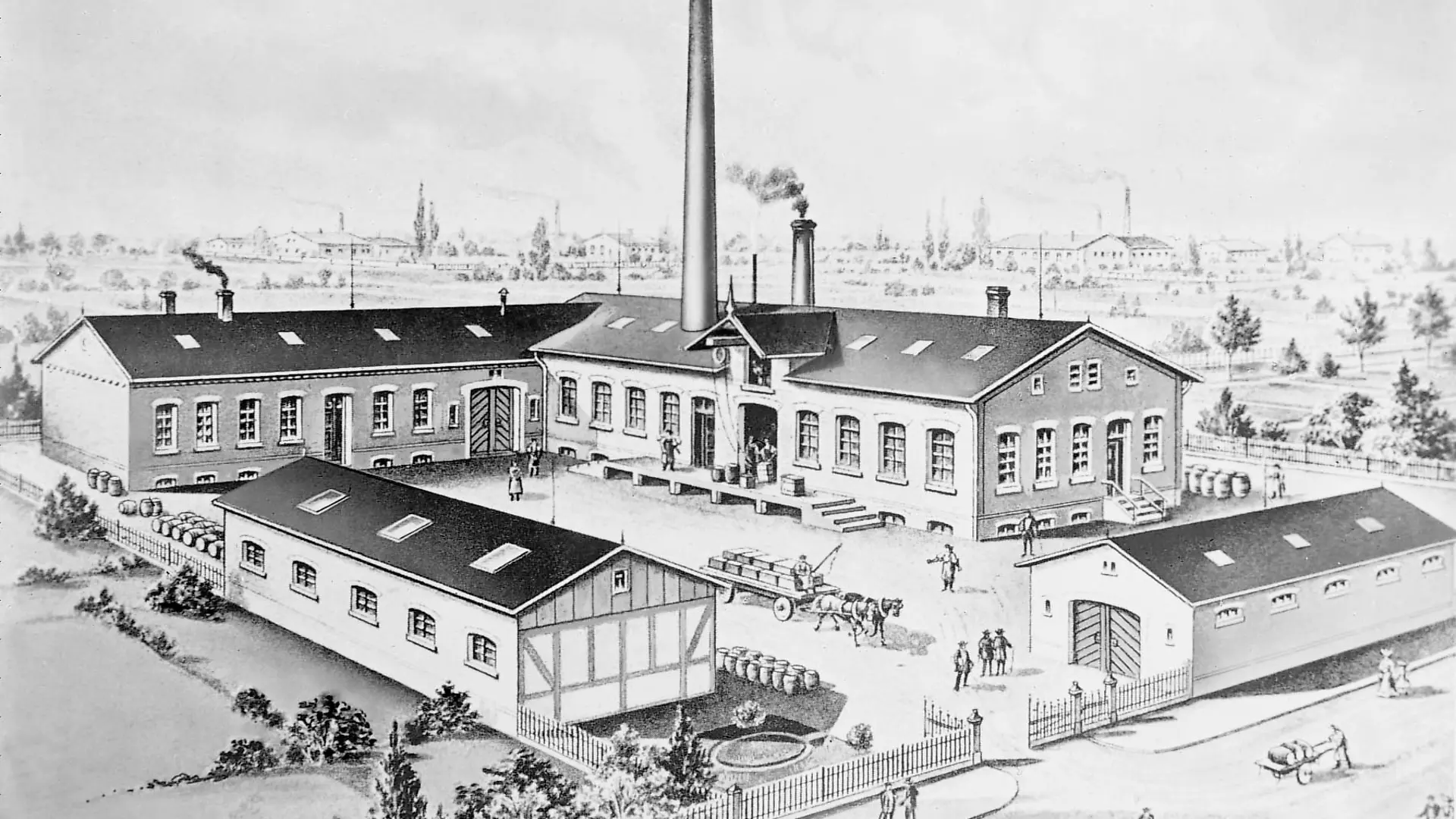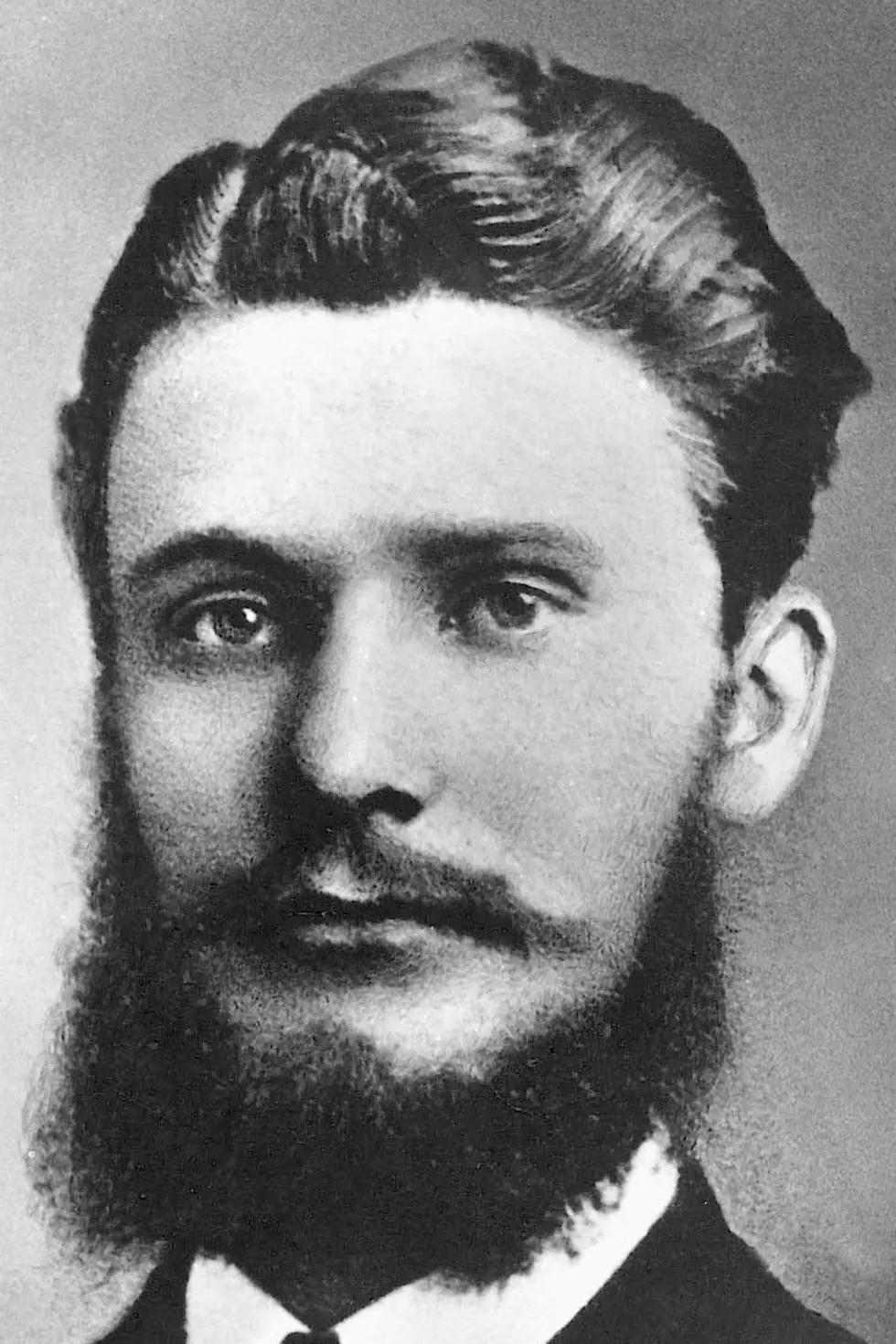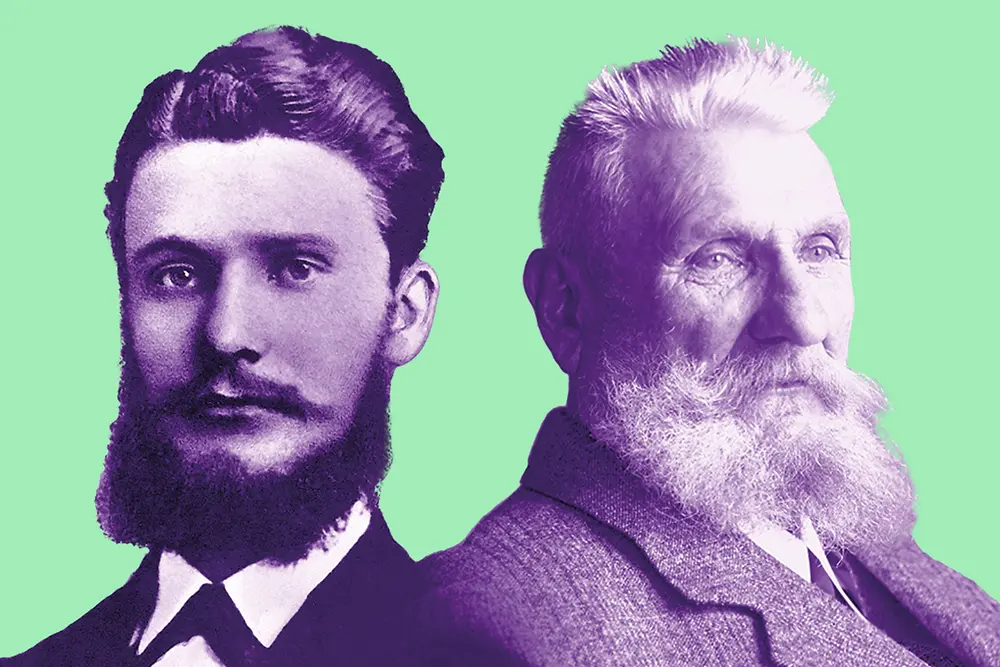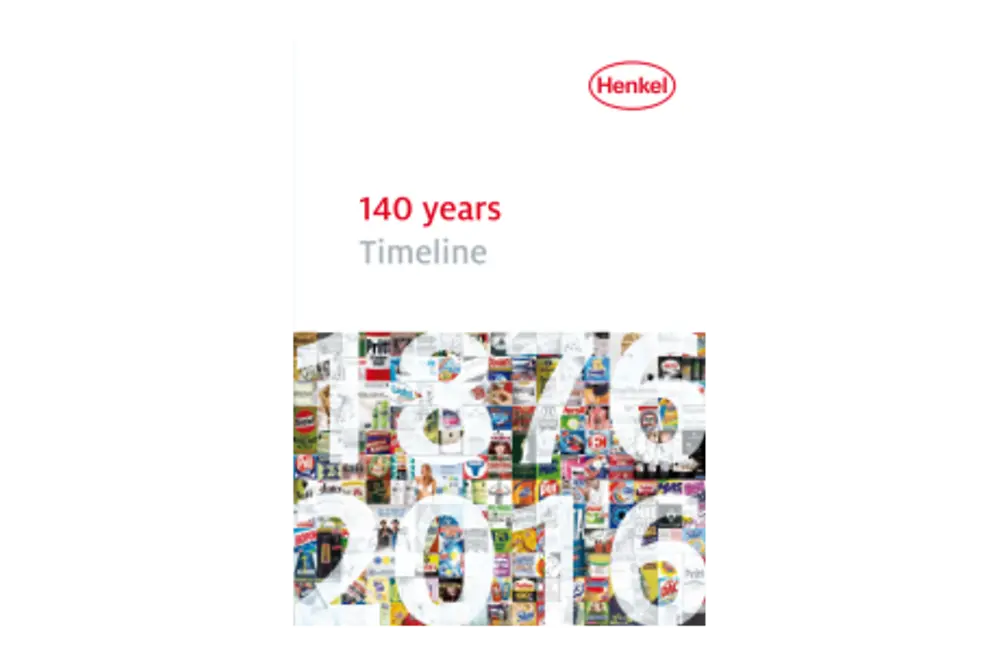Discover the brands and technologies from our business units Henkel Adhesive Technologies and Henkel Consumer Brands.
As sustainability leaders, we aim to pioneer new solutions for sustainable development while continuing to shape our business responsibly and increase our economic success.
Learn moreDiscover stories, expert articles and news from Henkel on Sustainability, Innovation, Digitalization & New Work in our digital magazine Spotlight.
Learn more- Home
- This is Henkel
- History
Henkel’s history
More than 140 years of brand success.
At the beginning of the company's history in 1876, we meet a 28 year-old merchant who was interested in science – Fritz Henkel. On September 26, 1876 he and two partners founded the company Henkel & Cie in Aachen and marketed his first product, a universal detergent based on silicate.
During the following years, this German family of entrepreneurs and thousands of their employees built Henkel into a global company.
1998: Foundation of Henkel GCC
Henkel GCC was established in 1998 and has since grown rapidly into the market. However, in 1982, the well-known regional detergent brand ‘Dac’ was already incepted as a joint venture with Saudi, Swedish and German partners.
Global Innovation Center for Adhesive Technologies
Henkel has invested more than 130 million euros to erect a state-of-the-art building at the company’s headquarters in Düsseldorf. The facility allows more than 350 Henkel experts to develop new technologies and applications for a variety of industries. The building also serves as a global customer center, where Henkel presents new solutions for adhesives, sealants and functional coatings.
Carsten Knobel new CEO and Marco Swoboda new CFO of Henkel
As of January 1, 2020, Carsten Knobel (50) is the company’s new CEO. He succeeds Hans Van Bylen, who is leaving the company after around 35 years with the company. Also effective January 1, Marco Swoboda (48) succeeds Carsten Knobel as Henkel's new Chief Financial Officer (CFO).
Henkel Expands Corporate Venture Capital Activities
With investments of more than 25 million Euros in multiple start-ups and venture capital funds, Henkel decided to manage its venture capital activities in a dedicated unit: Henkel Ventures.
Acquisition of Darex Packaging Technologies and Sonderhoff Group
With the successful acquisitions of the global Darex Packaging Technologies business and the Sonderhoff Group, Henkel strengthened its Adhesive Technologies business and complements its technology portfolio.
Management Board Changes at Henkel
Effective May 1, 2016, Hans Van Bylen becomes Henkel CEO, succeeding Kasper Rorsted. Hans Van Bylen served as member of the Management Board since 2005, responsible for the Beauty Care business unit.
Pascal Houdayer, member of the Management Board since March 1, 2016, succeeds Hans Van Bylen as Executive Vice President for the Beauty Care business unit as of May 1, 2016.
Henkel family extended share-pooling agreement
At the beginning of 2014, the Henkel family extended its share-pooling agreement. The agreement was concluded for an indefinite term and can now first be terminated as of December 31, 2033.
Henkel announces acquisitions
In June 2014, Henkel AG & Co. KGaA signed an agreement with funds advised by BC Partners to acquire all shares in the Spotless Group SAS, Neuilly-sur-Seine, France. The Spotless Group operates in the categories of laundry aid, insect control and household care and holds leading market positions in established European markets such as France, Italy, Spain and the UK.
In September 2014, Henkel also signed an agreement to acquire The Bergquist Company, a privately-held leading supplier of thermal-management solutions for the electronics industry worldwide. The acquisition will strengthen the position of Henkel’s Adhesive Technologies business as a global leader.
Opening of largest automated storage facility
At the corporate headquarters in Düsseldorf, Henkel opened its largest automated storage facility. Built on an area the size of two football fields, its ten rack levels offer storage capacity for more than 25 million packs of laundry and home care products.
New global supply chain organization
In line with the implementation of its Strategy 2016, Henkel continued to standardize production and logistics activities across all business units, and consolidated them with its purchasing operations into a global supply chain organization. The new organization started operations in early November 2014.
Presentation of new Henkel strategy and sustainability strategy
Henkel presented its new strategy and financial targets for the period up to 2016. The strategy centers around the strategic priorities of outperform, globalize, simplify, and inspire.
At the same time, the company published its new Sustainability Strategy 2030. At the core of this is the goal of achieving more with less and tripling its efficiency. The new sustainability strategy applies to all business sectors and the entire value chain.
Henkel entered Australia and New Zealand’s laundry market
Henkel has signed an agreement with Colgate-Palmolive Company to acquire its entire range of laundry detergents and pre-wash brands in Australia and New Zealand. With the acquisition of powder and liquid detergents as well as pre-wash brands, including the Cold Power, Dynamo, Fab and Sard brands, Henkel will become one of the largest players in the detergents category in the Australia/New Zealand region.
Acquisition of National Starch’s Adhesives and Electronic Materials businesses
In 2008, Henkel took over from Akzo Nobel the Adhesives and Electronic Materials businesses previously owned by National Starch. This made Adhesive Technologies the business unit with the largest share of Henkel’s sales. In the Adhesive Technologies business unit, the acquisition primarily strengthened the areas of Packaging and Wood Adhesives, and Electronics.
Acquisition of The Dial Corporation
Henkel purchased the U.S.-based company The Dial Corporation, a manufacturer of laundry detergents, household cleaners and body care products. The product portfolio includes bar soaps, liquid soaps and shower gels in the body care business, as well as laundry detergents and air fresheners.
Acquisition of Loctite
Henkel acquired all the shares of Loctite Corporation. Loctite is next to craft and household adhesives the world's leading specialist for engineering adhesives, especially for miniaturization as Chipbonding and microelectronics.
With the integration of Loctite, Henkel achieved by far the world market leadership in adhesives and improved the sales structure in the US and worldwide. Today Loctite is the largest brand in the business unit Adhesive Technologies.
Acquisition of Schwarzkopf
In July 1995, Henkel acquired Schwarzkopf, which has been part of the company since then. With the acquisition, Henkel was able to double the sales of its Beauty Care business unit. Schwarzkopf is now one of the leading hair cosmetics brands in the world and is the largest brand in the Henkel portfolio.
First Loctite adhesive
In 1956, Professor Vernon Krieble presented his adhesive “Loctite, the liquid locknut.” Krieble promised that this adhesive would solve the problem of loose nuts and bolts in machinery. Together with his neighbor Paul G. Haviland, he founded the American Sealants Company in Hartford, Connecticut, USA. In 1963, the company was renamed Loctite Corporation.
In 1985, Henkel purchased just over 25 percent of Loctite’s ordinary stock from the Krieble family. This participation was expanded in several steps to 35 percent by 1996. Henkel acquired Loctite entirely in 1997. Today, Loctite is the biggest brand in the Adhesive Technologies business.
Poly Color hair colorant
The image shows a Poly Color package from 1950. TheraChemie began marketing these liquid hair colorants in 1947. Henkel entered the cosmetics business through the acquisition of TheraChemie in 1950.
First industrial cleaner P3
In 1929, Henkel extended its portfolio by including the industrial cleaner P3. P3 cleaners enable the removal of dirt or other contaminants from hard surfaces.
First Henkel adhesive
In 1923, labeling of some of Henkel's consumer products was threatened due to an interruption in the supply of glue. This is why Henkel started the production of its own adhesives.
On June 26, a glue was sold to a neighboring company for the first time. Henkel ambitiously decided to conquer the interior decorating and wallcoverings markets, where Sichel was the market leader, in addition to the packaging industry.
First production site abroad – in Switzerland
On January 29, 1913, Henkel founded its first subsidiary: Henkel & Cie AG in Basel-Pratteln, Switzerland. Until 1923, it remained Henkel's only subsidiary with a plant outside Germany. Henco und Persil were both produced there. Its site covered an area of 9,161 square meters. In its first year, it saw sales of about 1.5 million Swiss francs.
Persil – First self-acting laundry detergent
In 1907, Persil was launched as the world’s first self-acting laundry detergent, which has been the cornerstone for Henkel’s growth since then. The detergent, which cleans and bleaches laundry without chlorine, not only eliminated the physically strenuous task of scrubbing and washing by hand, which caused the fabrics to wear, but also improved household hygiene. These were directly tangible contributions that Henkel made to social progress. Today, Persil is Germany’s No. 1 laundry detergent and one of the top brands in the Laundry & Home Care business.
Shampoon – Germany’s first hair-washing powder
In 1903, Schwarzkopf launched Shampoon (price: 20 pfennigs), the first hair-washing powder on the German market. The packaging featured the now-familiar black silhouette logo, a black icon of a head in profile. The success of Shampoon encouraged Hans Schwarzkopf to give up his drugstore business in order to concentrate on production and marketing.
Foundation of Schwarzkopf
In 1898, the state-approved chemist Hans Schwarzkopf took over a dye, drug and perfumery business in Berlin-Charlottenburg. Schwarzkopf has been part of Henkel since its acquisition in 1995. Since 1898, the name Schwarzkopf has been synonymous with hair competence, and values such as modernity, high quality and innovative strength. This makes Schwarzkopf an ideal umbrella for a clearly differentiated brands portfolio serving both our consumer segment and our international hair salon business, Schwarzkopf Professional.
First success with a branded product: Henkel’s Bleich-Soda (bleaching soda)
In 1878, Henkel’s first branded product was launched. The result of Fritz Henkel’s own research, the bleaching soda, was made from readily soluble sodium silicate and calcined (water-free) soda. In the same year, Henkel also began exporting products abroad: 200 boxes of Henkel’s Bleich-Soda and 200 pounds of Universal-Waschmittel to Switzerland.
Relocation to Düsseldorf
Building on the success of his first branded product — Henkel’s Bleich-Soda (bleaching soda) — Fritz Henkel relocated his company to Düsseldorf in 1878. Initially, he rented a factory in the Flingern district, then went on to build his own factory in Düsseldorf-Oberbilk in 1880. In 1899, Fritz Henkel bought a piece of land in Holthausen, then a suburb of Düsseldorf. In the same year, he began building a bleaching soda factory, a sodium silicate factory, a boiler house with workshops, and an office building. In March 1900, Henkel was ready to start up production at the new site.
Fritz Henkel founded the laundry detergent company Henkel
On September 26 1876, the 28-year-old Fritz Henkel and his two partners founded the company Henkel & Cie in Aachen. The company’s product was a laundry detergent based on sodium silicate, which they named Universal-Waschmittel. Contrary to all similar products, which at that time were sold loose, this heavy-duty detergent was marketed in handy packets.


